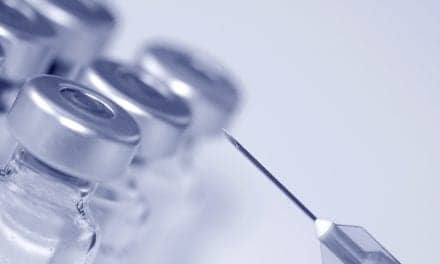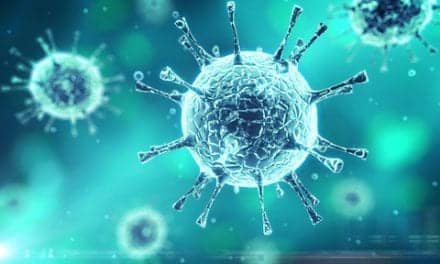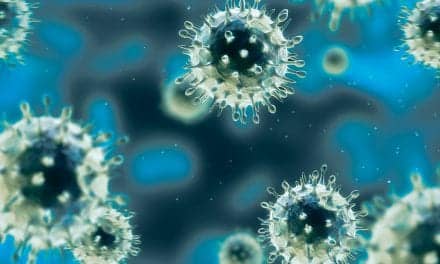Small doses of a cancer drug may stop the immune response to infection that leads to sepsis, according to researchers at the Icahn School of Medicine at Mount Sinai. The new drug treatment may also benefit individuals affected by infections and pandemics. The researchers used a simple cellular screen to find candidate drugs that could tamp down rampant inflammation and discovered that the Top 1 inhibitor class of cancer drugs blocks a set of genes that are activated immediately by immune cells to combat an infection.
The research team found that use of one to three doses of a Top 1 inhibitor that is 1/50th the strength of normal chemotherapy was enough to rescue 70-90% of mice from an inflammatory storm death due to either acute bacterial infection, liver failure, or virus-bacteria co-infection, according to Science Daily. The treatment did not produce overt side effects. In addition, the researchers tested the inhibitor in cells infected with influenza, Ebola, and other viral and bacterial microbes that over-stimulate the immune system.
Overall, the researchers found the drug reduced a dangerous immune reaction. Alexander Bukreyev, PhD, says, “We observed a striking effect of Top-1 inhibitors on expression of pro-inflammatory molecules induced by Ebola virus infection. This study contributes our understanding of pathogenesis of Ebola virus disease and also suggests a direction to develop treatments. Finding remedies for these infection-induced inflammatory storms is a global focus, and we look forward to testing the ability of Top-1 inhibitors to save lives.”
“Our results suggest that a therapy based on Top 1 inhibition could save millions of people affected by sepsis, pandemics, and many congenital deficiencies associated with acute inflammatory episodes — what is known as a cytokine, or inflammatory, storm,” says senior investigator of the study Ivan Marazzi, PhD. “These storms occur because the body does not know how to adjust the appropriate level of inflammation that is good enough to suppress an infection but doesn’t harm the body itself. This drug appears to offer that life-saving correction.”
Source: Science Daily










